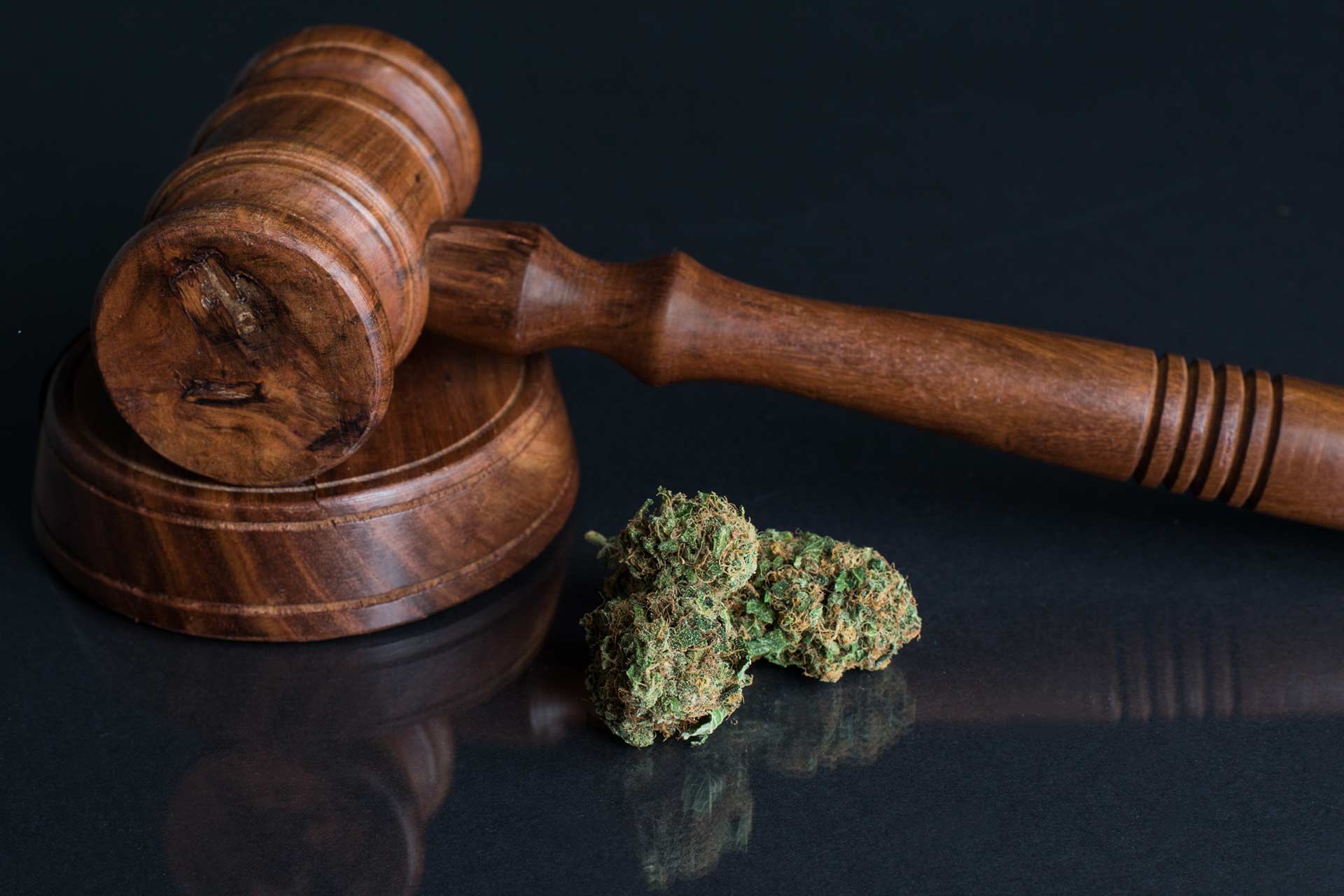New research shows that despite what detractors claim, legal cannabis does not increase violent crime.
A recent study analyzing crime in Colorado and Washington since legalization finds that legal recreational cannabis has little, if any, impact on violent crime rates. The study lends credence to the longstanding opinion (in pro-cannabis circles) that legalizing recreational cannabis does not inspire criminality.
Investigators associated with the Department of Justice and Criminology at Washington State University monitored and assessed trends in Colorado and Washington following legalization, and compared their findings to those of non-legal states. The researchers were particularly interested in patterns specific to violent crime, aggravated assault, property crime, auto theft, larceny, burglary, and robbery rates.
“Marijuana legalization and sales have had minimal to no effect on major crimes in Colorado or Washington. We observed no statistically significant long-term effects of recreational cannabis laws or the initiation of retail sales on violent or property crime rates in these states”. —The Cannabis Effect on Crime: Time-Series Analysis of Colorado and Washington State
A similar study published in the Economic Journal in 2017 found that states with legal recreational cannabis near the U.S.-Mexico border saw a 5.6% to 9% decrease in violent crimes.
The researchers selected Colorado and Washington for this study because our states were among the first to legalize recreational cannabis and its supporting industry. Nine states have followed our lead, including— California, Illinois, Alaska, Maine, Massachusets, Nevada, Michigan, Oregon, and Vermont— as well as Washington D.C. Several more states are set to legalize recreational cannabis soon.
We’re happy to see research into the real impact of cannabis legalization on American cities and states. Cannabis detractors like former NY Times columnist, Alex Berenson, who authored the book Tell Your Children: The Truth About Marijuana, falsely claim that cannabis legalization caused a “sharp increase in murders and aggravated assaults in Colorado and Washington.” The new research from Washington State University shows that after the start of legal recreational cannabis sales in our state as well as in Washington, violent crime rates remained virtually unchanged. A far cry from “sharp increases in murders and aggravated assaults.”

Berenson claims that cannabis-inspired psychosis leads to violent crime, saying, “The black tide of psychosis and the red tide of violence are rising together on a green wave.” Now we know that evidence from Washington and Colorado debunks Berenson’s argument in a big way.
Unfortunately, cannabis critics like Berenson bring back the racially motivated depression-era ideologies of Harry Anslinger, the first commissioner of the United States Treasury Department’s Federal Bureau of Narcotics.
In a 1934 report to the League of Nations committee, Anslinger wrote that “fifty percent of violent crimes committed in districts occupied by Mexicans, Turks, Filipinos, Greeks, Spaniards, Latin-Americans and Negroes may be traced to the abuse of marihuana.” Anslinger goes on to quote a California police officer who said cannabis “gives men the lust to kill, unreasonably, without motive—for the sheer sake of murder itself.”
Anslinger (among others) is responsible for cannabis prohibition and the stigma we are still fighting. He blamed cannabis for armed robbery, “degenerate sex acts,” the killing of police officers, and a case in which a young man murdered his family with an ax. The beliefs of Anslinger and his peers set the stage for decades of misinformation and stereotypes surrounding our favorite plant.
We’ve come a long way from the rampant misinformation of the cannabis prohibition era, but if the comments of authors like Berenson are any indication, there’s work to be done. Fortunately, data trumps assumptions and reports like those coming out of Washington State University, provide us with a clear picture of the effect of recreational cannabis legalization on American cities and states.